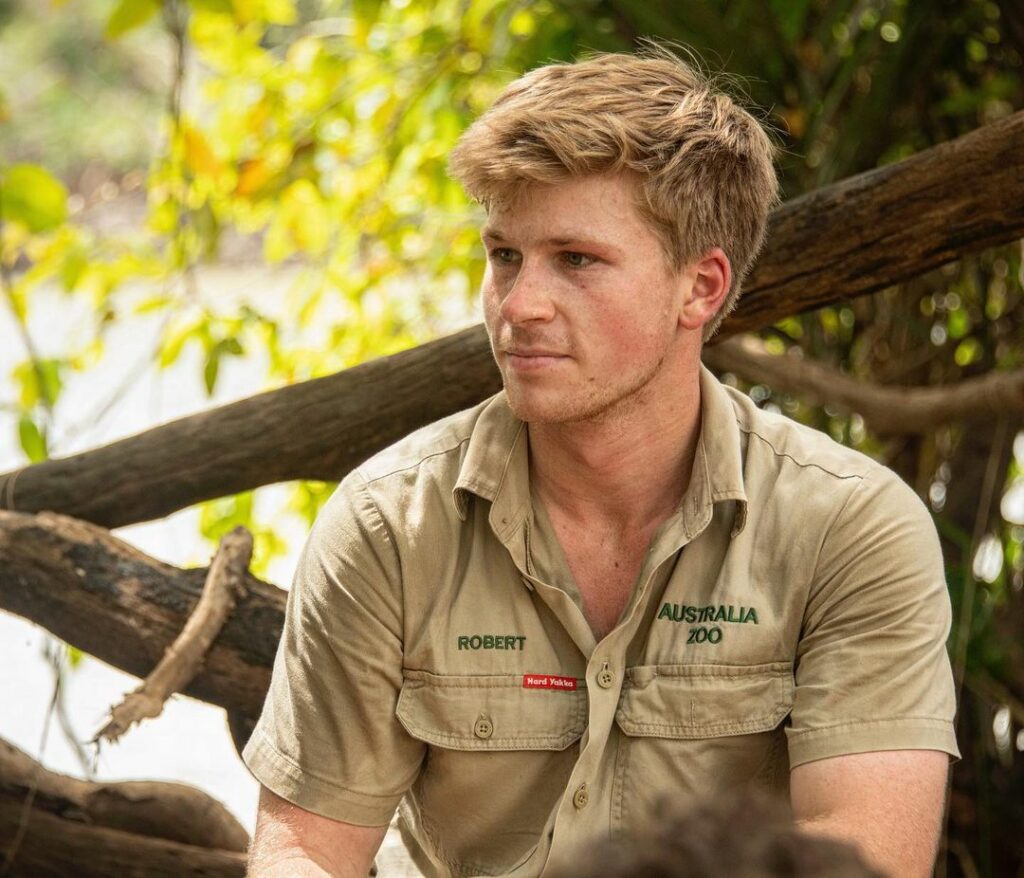As the climate crisis stands as the most urgent threat facing society, it’s safe to say that all of us are looking at the positive changes we can make in our own lives to better care for the future of our planet. But when it comes to Jason Momoa, the star of Aquaman has always been a vocal advocate for climate action, eschewing the trappings of fame and celebrity for a life grounded in nature, with an acute awareness of his own carbon footprint. Now, the star has even gone so far as to shave off that head of hair that is so synonymous with his name, trading his shoulder-length locks for a buzzcut all in the name of raising awareness for plastics pollution.
Taking to Instagram to share a video in which he’s seen buzzing off his locks, Momoa explains, “I’ve never even felt the wind right there,” as he holds up his shorn hair to the camera. While some put it down to simply a change of style like so many of us are inclined to do in keeping with both fashion and seasonal changes, Momoa’s message was far deeper and was in keeping with his environmental standpoint.
Hoping to raise awareness about the environmental toll of single-use plastics, Momoa – who was born in Hawaii – expressed his sadness about the amount of waste in the ocean surrounding his home state. “I’m tired of these plastic bottles,” he said. “We gotta stop. Plastic forks, all that shit, just goes into our land, goes into our ocean.”
In 2019, Momoa also shaved off his beard for the same cause as he urged his fans and followers alike to opt for reusable canteens and aluminium alternatives rather than plastic bottles which are detrimental to the environment and animal species. As he captioned his hair-shaving video, Momoa expressed a desire to “be better at protecting our land and oceans.”
His actions come after researchers estimated that about 19 billion pounds of plastic waste enter the world’s oceans annually, making it the most prevalent form of trash found in the sea. As HuffPost reports after a 2017 interview with environmental engineer Jenna Jambeck, this figure is on track to double by 2025 unless new measures are implemented globally to address the issue of plastic waste.
If all that wasn’t enough, the United Nations Environment Programme reports that since the 1970s, the rate of plastic production has grown faster than that of any other material, compounded by a shift towards single-use plastic products which, for many, have become an integral part of daily life. As for the most common types of plastic waste found in the environment, cigarette butts come out on top whose filters contain tiny plastic fibres, while food wrappers, plastic bottles, plastic bottle caps, grocery bags, straws and stirrers are the next common items.
What can you do to combat plastics pollution?
Consider asking the restaurants you visit to stop using plastic straws, dine in when you don’t have a reusable coffee cup on hand or bring your own mug to work, avoid single-use plastics like cutlery and various grocery items and opt for reusable packaging instead.
And perhaps most importantly, become an active member in society and put pressure on local governments to not only improve their stance on climate change, but take immediate action.
















